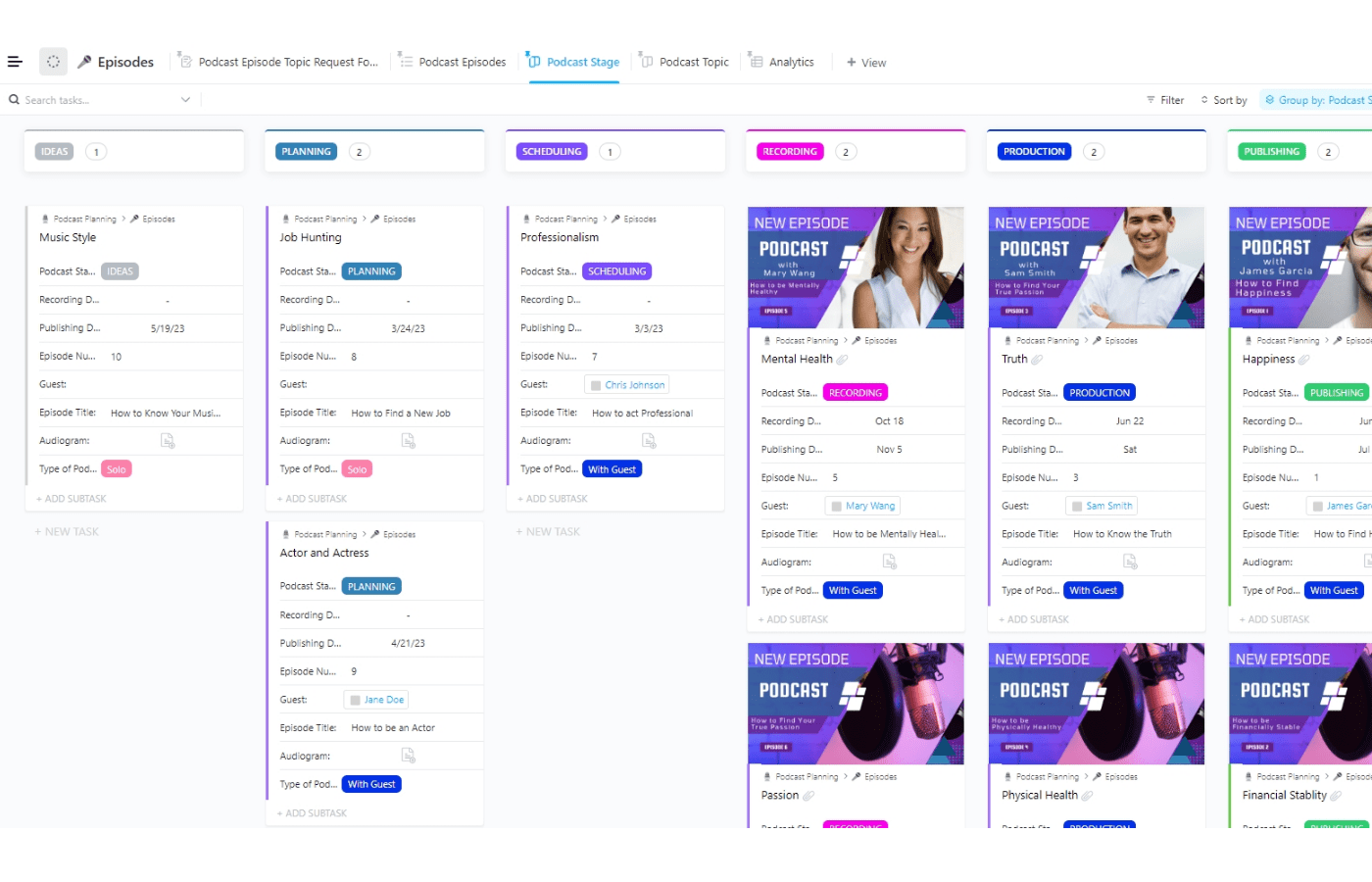The success of any project depends, to a large extent, how effective the project manager is at dealing with performance issues within the team. Perhaps the most unpleasant task related for project managers is confronting poor performers with the issues related to their work.
Developing a successful project team is challenging, but sometimes, the real challenge lies in keeping team members in check and accountable for not performing. In this article, we’ll outline how you can identify performance issues and the basics of what needs to be done to deal with them.
READ MORE: What is Project Management? Definition, Types & Examples
Some obvious examples of poor performance include excessive absenteeism, missing deadlines, and poor quality work. In some cases, the issue may be less apparent. It can involve a certain team member’s unwillingness to follow the lead of the project manager. In some cases, it can even involve certain individuals who ask other team members to do their job for them.
- Excessive absenteeism: It’s true that some emergency situations are inevitable. But when you’re talking about casual days off, it’s a problem. Mondays and Fridays are specifically popular days to “phone in sick ” just because the employee wants an extended weekend.
- Constantly missing deadlines: If the deadline that has been originally set isn’t realistic, team members should say so in advance. When they agree on the deadline, it is their responsibility to see it through. In some cases, missing the deadline once might be understandable if the person has a long history of providing high-quality work on time. But if it occurs constantly, then there is a serious performance issue here.
- Poor quality work: There are some individuals who simply don’t have what it takes. If the QA group has identified that the bugs and errors on a new IT system comes from one team member in particular, it might be best to take him/her off the project. People who don’t have the necessary abilities to do the project properly often claim to have resolved the issue when they haven’t. In certain instances, they might have fixed that particular bug but caused several other errors in their quest to do so.
- Affects the performance of others: If someone is constantly asking for help from other team members, they are interfering with the productivity of the entire team. This issue should be managed quickly because it can lead to serious team conflicts. The person asking for help might feel that they are not getting the support they need while others might feel that they are being taken advantage of.
READ MORE: The Importance of Project Security
Once the problems have been identified, it is important to take action immediately. Finding an early solution allows team members and all other types of stakeholders involved in the project to reach their targets.
It should be mentioned that focus should be given to analyzing the performance of the team members rather than people issues. For example, even if a certain team member is a loner or doesn’t communicate well with others doesn’t mean that they are doing a bad job. As a project manager, you should manage team conflicts instead of listening to rumors. Having a subjective view can degrade the overall integrity of the project and reflect badly on you.





